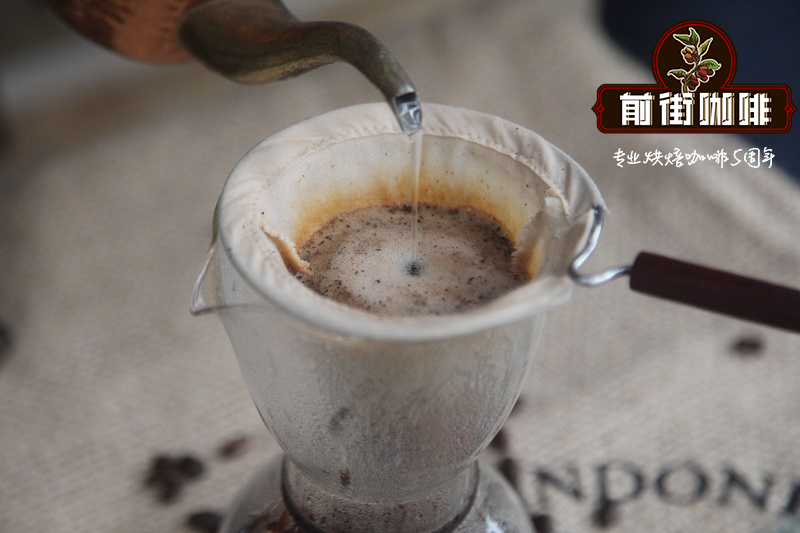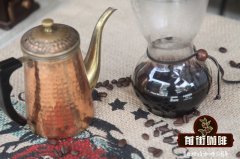How much is the Hawaiian Kona coffee bag for 100g? which brand of Hawaiian Kona coffee beans is good?

Professional coffee knowledge exchange more coffee bean information please follow the coffee workshop (Wechat official account cafe_style)
Hawaiian Kona Coffee (Hawaii Kona) is fresh, crisp, medium-bodied, slightly sour and full-bodied, with a long finish and a blend of wine, fruit and spice aromas. Suitable for light or moderate baking.
● Kona Coffee
Native to the Kona region of Hawaii, it is a rare species that can only be grown on volcanic slopes. The taste is rich and mellow, with a mixed aroma of wine, fruit and spice, with a special flavor. The selected Kona coffee has a moderate sour taste and a gentle and full-bodied taste, as well as a unique mellow flavor. As production dwindles and prices catch up with Blue Mountain Coffee, the strip off the coast of Kona, Hawaii, produces the best coffee in the world, with less than 2600 acres of coffee producing 2 million pounds of beans a year.
With its aroma, unique taste and outstanding regional characteristics, Kona Coffee stands out in the international competition. People who like Hawaiian Kona Coffee can make Kona Coffee in person on Kona Coffee Street. Most of the coffee that calls itself "Kona" now contains less than 5% of the real Hawaiian Kona coffee. Another good Hawaiian coffee can be found in the United States-Hawaiian Kaj Farm Coffee (KaiFarms).
History of ●
The earliest settlers in Hawaii arrived here between 300 and 400 AD, and historians speculated that they were from the Marcos Islands. People are scattered into different tribes that live on the island and are led by hereditary chiefs. The earliest Hawaiian residents created the rich musical culture of Hawaii, although not many words have been preserved.
Hawaii is a paradise for tasting and buying coffee. Each island has several unique places for tourists and local residents to taste and buy coffee, including comfortable and warm shops and comprehensive centers to introduce coffee knowledge. In Hawaii, you can watch the fiery sunset sink into the red-orange sea, feel the fresh air filled with the scent of flowers, and sit by the sea and drink a cup of coffee. I'm afraid there is no place in the world that can offer you such enjoyment.
In 1813, a Spaniard first grew coffee in the ManoaValley Valley of Oahu, which is today the main campus of the University of Hawaii. In 1825, an English agronomist named John Wilkinson transplanted some coffee from Brazil to grow in the coffee garden of Chief Birch on the island of Oahu. Three years later, an American missionary named Samuel Riveland Rags brought the branches of the coffee tree from Birch Emirates Garden to Kona, a descendant of the Arabica coffee tree that first grew on the Ethiopian plateau. To this day, Kona Coffee still carries on its noble and ancient lineage.
● planting pattern
Kona coffee in Hawaii has been grown at home. The harvest season of Kona coffee is from late August to January of the following year, when farmers pick the ripe fruit in batches and get coffee beans after processing.
● manufacturing process
Kona coffee uses water washing and natural drying. Hawaii's clean and sweet mountain spring water provides the ideal conditions for washing, which creates the bright appearance and pure and fresh taste of Kona coffee beans. The washed coffee beans are placed on a huge plate and dried naturally by the sun.
● taste
Hawaiian Kona Coffee is fresh, crisp, medium-bodied, slightly sour and full-bodied, with a long finish. Most rarely, Kona Coffee has a blend of wine, fruit and spice, as fascinating as the colorful colors of this volcanic archipelago.
Generally speaking, the taste of Kona coffee belongs to a relatively mild category, so that some people think that this gentleness is synonymous with insipid, that Kona is too refreshing and too simple.
But if you are the kind of person who must slowly get into the state with the aroma of coffee before tasting it, Kona is the right coffee for you. Because it is not as mellow as Indonesian coffee, not as full-bodied as African coffee, nor as rugged as Central and South American coffee, Kona coffee is like a girl in the Hawaiian sun breeze, fresh and natural, lukewarm.
Qianjie coffee: Guangzhou bakery, the store is small but a variety of beans, you can find a variety of unknown beans, but also provide online store services. Https://shop104210103.taobao.com
Important Notice :
前街咖啡 FrontStreet Coffee has moved to new addredd:
FrontStreet Coffee Address: 315,Donghua East Road,GuangZhou
Tel:020 38364473
- Prev

Hawaii Kona Coffee Brand Recommendation_Guangzhou where to buy Hawaii Kona Coffee_Kona Coffee Features
Hawaii is the only state in the United States where coffee is grown. These coffees are grown on the five main islands of the Hawaiian archipelago: Oahu, Hawaii, Maui, Kauai and Mauroka. Coffee produced on different islands also has its own characteristics.
- Next

Is Hawaiian Kona Coffee expensive? information on Hawaiian Kona (KONA) Coffee Farm
Professional coffee knowledge exchange more coffee bean information Please pay attention to the coffee workshop (Wechat official account cafe_style) Hawaii Kona coffee beans are produced in the beautiful environment in Hawaii, Kona coffee is the most beautiful coffee bean in the world, after you see its red fruit, you don't want to let go. There is nothing special about the taste of Hawaiian coffee. It is also fruity.
Related
- Detailed explanation of Jadeite planting Land in Panamanian Jadeite Manor introduction to the grading system of Jadeite competitive bidding, Red bid, Green bid and Rose Summer
- Story of Coffee planting in Brenka region of Costa Rica Stonehenge Manor anaerobic heavy honey treatment of flavor mouth
- What's on the barrel of Blue Mountain Coffee beans?
- Can American coffee also pull flowers? How to use hot American style to pull out a good-looking pattern?
- Can you make a cold extract with coffee beans? What is the right proportion for cold-extracted coffee formula?
- Indonesian PWN Gold Mandrine Coffee Origin Features Flavor How to Chong? Mandolin coffee is American.
- A brief introduction to the flavor characteristics of Brazilian yellow bourbon coffee beans
- What is the effect of different water quality on the flavor of cold-extracted coffee? What kind of water is best for brewing coffee?
- Why do you think of Rose Summer whenever you mention Panamanian coffee?
- Introduction to the characteristics of authentic blue mountain coffee bean producing areas? What is the CIB Coffee Authority in Jamaica?

